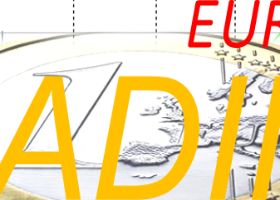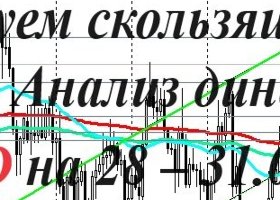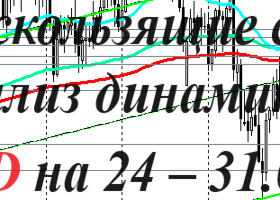Shown preliminary data released on Friday showed positive momentum in the second quarter.
European countries are stepping up the pace of vaccination, but lockdowns continue in some countries amid the third wave of Covid-19.
The consolidated preliminary PMI from IHS Markit for the euro area, which measures activity in the manufacturing and services sectors, reached 53.7 in April against 53.2 in March. A reading above 50 indicates an increase in economic activity.
Chris Williamson, chief economist at IHS Markit, CNBC, "measures to contain the spread of the coronavirus have tightened and one would have expected a slowdown in economic activity, but the opposite has happened." He added that companies are optimistic about the future and preparing for better times.
Analysts are also upbeat in the coming months as the government prepares to loosen restrictions on Covid. France is considering a new resumption of work from mid-May, and Greece is opening up the economy at the same time.
Williamson also notes: "Expenses for services will be replaced."
Central bank president Christine Lagarde said Thursday: "Incoming economic data, polls and high-frequency indicators suggest that economic activity may have decreased in the first quarter of this year, but resumed in the second."
However, she added that there is "general uncertainty" about the economic outlook.
Indicators are encouraging
The composite preliminary production index for France reached 51.7 in April, the highest in nine months and marked the first gain in business activity since August.
“Thanks to industry growth and a strong recovery in April, the French private sector was finally able to achieve growth,” said Eliot Kerr, economist at IHS Markit.
The positive dynamics of the French economy is due to the growth of the service sector. At the same time, business growth in Germany slowed down somewhat in April. The consolidated preliminary PMI reached 56.0, up from 57.3 in March.
Growth in the German services sector has stalled, facing a supply shortage.
IHS Markit Deputy Director Phil Smith paced that "supply and demand imbalances in supply chains continue to drive up business costs, which are now growing at a rapid pace over the past ten years."
He added that "although selling prices are rising rapidly amid strong demand for goods, the service sector remains more cautious with prices, which somewhat limits the impact on overall consumer prices."


